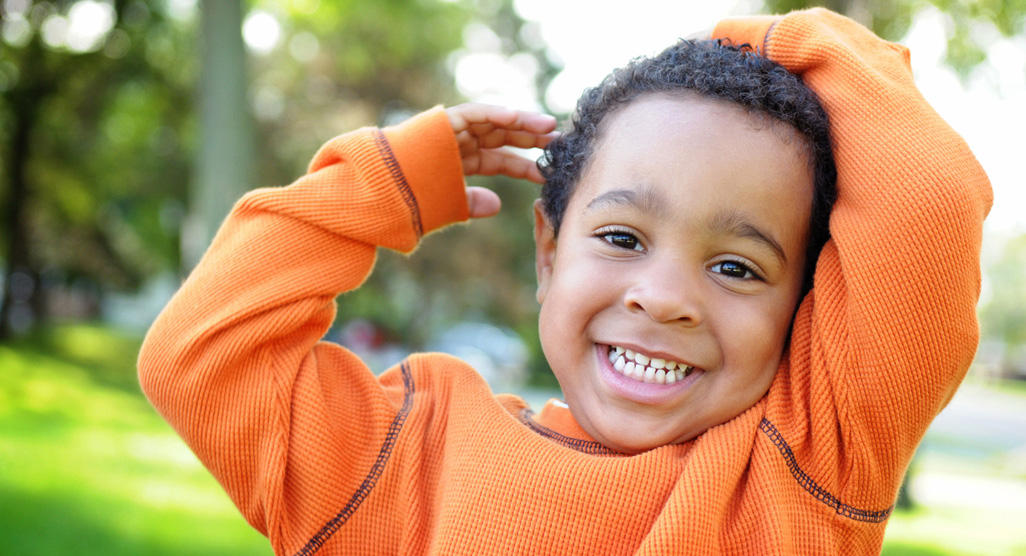Contrary to the believe that only difficult childhood can increase the likelihood of mental illness, a new research from University of South Australia in partnership with the University of Canberra has shown that a sweet and happy childhood does not always protect a child from suffering mental health problems later in life.
The study published in Current Psychology examined how early childhood experiences relate to different developmental pathways, and how these might be associated with poor mental health.

Lead researcher, Bianca Kahl, believes the study highlights the fact that mental illness is not limited to negative experiences of childhood alone.
“As the number of mental health conditions expands, it’s imperative that we also extend our knowledge of this very complex and varied condition,” Kahl explained
“This research shows that mental health conditions are not solely determined by early life events, and that a child who is raised in a happy home, could still grow up to have a mental health disorder.”
The researchers examined how various childhood experiences could relate to different developmental pathways and how this may in turn impact mental health.
Though the study reassures the belief that children who experience adverse and unpredictable early life experiences could suffer elevated symptoms of poor mental health, including depression, results also suggested that kids who grew up in stable and supportive environments were also at risk of experiencing symptoms of anxiety in adulthood.
Kahl believes the research could help identify other key insights about potential mental health risk factors for all children.
“There’s certainly some missing factors in understanding how our childhood environment and early life experiences might translate into mental health outcomes in adulthood,” she explains.
“We suspect that it’s our expectations about our environments and our ability to adapt to scenarios when our expectations are not being met, that may be influencing our experiences of distress.
“If, as children, we learn how to adapt to change, and we learn how to cope when things do not go our way, we may be in a better position to respond to stress and other risk factors for poor mental health.”
Kahl added that it is the testing of this hypothesis that will form the focus of her next research study.
The new research follows a previous study which suggested children who are smacked at a young age are more likely to suffer from poor mental health and have behavioural problems through to their teenage years.
Those who experienced “adverse childhood experiences” (ACEs), such as smacking and harsh parenting, had poorer outcomes than those who did not, the study led by UCL researchers revealed.
The study, published in the journal Child, Abuse and Neglect, builds on previous evidence by University College London (UCL), which led to the smacking ban in Scotland last year.
Researchers say this new study added more weight to calls to provide children in England with legal protection from smacking and physical punishment.
A further study also suggested that telling children lies, even with the best intentions, could have an impact on their mental health later in life.
While parents telling lies to their children intending to encourage good behaviour may seem harmless enough, according to a study, by China’s Xinyang Normal University, it could lead to them feeling more anxious in adolescence.
Researchers suggested telling children narratives such as ‘eating carrots will help you see in the dark’ could increase their risk of suffering from anxiety in later life and can also impact teenagers’ relationships with their parents.











tadalafil coupon – tadalafil 40 mg tadalafil 10mg